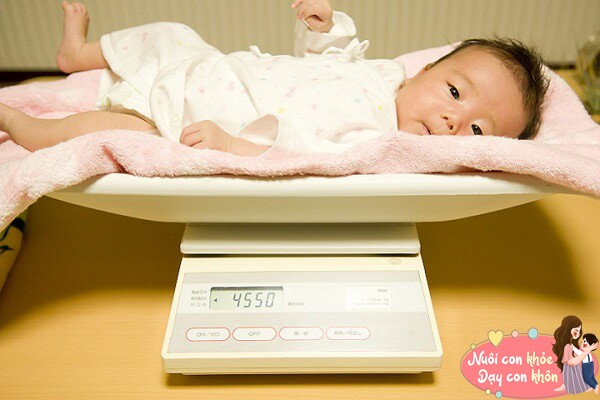These observations have sparked interest among researchers and psychologists alike, as children’s cognitive development plays a pivotal role in shaping their future.
To address these questions, experts have embarked on extensive research and surveys to elucidate the factors influencing children’s cognitive development.


Does birth mode affect a child’s intelligence?
From a brain development perspective, a child’s intelligence at birth is not directly linked to the method of delivery. Instead, a child’s cognitive development is influenced by a multitude of factors, including maternal health during pregnancy, genetic predispositions, nutrition, educational environment, and other variables.
There are clear medical indications for whether a cesarean section is necessary. For instance, if vaginal delivery poses a threat to the life of the mother or the child, or in cases such as macrosomia, abnormal fetal position, preeclampsia, or antepartum hemorrhage, a C-section is often the safer choice.
However, these decisions should be carefully evaluated by medical professionals. Choosing a C-section should be based solely on clear medical indications and not on reasons unrelated to health.
Otherwise, it may lead to unintended risks for both mother and child, causing more harm to the child’s body and health in the early years. Therefore, mothers should heed the advice of experts to ensure the best possible start for their children’s health.

Is it better to give birth during the day or at night?
Research suggests that there are notable differences between children born during the day and those born at night. The American College of Obstetricians and Gynecologists conducted a survey of 429 women’s childbirth experiences and found that the average duration of labor for night births was approximately 40 minutes longer than for day births.
Longer labor durations correlate with increased health risks for the mother. Compared to day births, night births showed a 26% higher likelihood of childbirth complications, impacting both maternal health and child safety.
Maternal health during childbirth is intimately linked to the time of day. During the day, mothers tend to be in better physical condition due to optimal support from medical staff.
In contrast, at night, many healthcare personnel from various departments have finished their shifts, leaving only a skeletal staff on duty. This reduction in medical staff can hinder efficient healthcare support, and in emergency situations, performing detailed checks on the mother and child in a timely manner may become more challenging.

Research indicates notable differences between day and night births.

Does birth weight correlate with IQ?
Aside from birth mode and timing, birth weight is another significant concern for many parents.
In reality, while a child’s birth weight does bear some relation to their IQ, it is not the sole determinant of cognitive development. Various factors can influence weight, including maternal health, dietary habits during pregnancy, and genetics. A mother’s nutritional status and healthcare during pregnancy can positively impact the child’s development.
According to the “Chinese Reference Standards for Growth and Development of Children under 7 Years Old,” the normal weight range for baby boys is approximately 2.62 to 4.12 kg, while for baby girls, it is 2.57 to 4.04 kg.

While birth weight may correlate with IQ, it is not the sole factor influencing cognitive development.
Infants weighing less than 2.5 kg at birth are typically considered premature and may require incubation for careful health monitoring. Conversely, infants weighing over 5 kg are considered macrosomic and may face health challenges or complications during their early development.
Although birth weight can impact brain and body development, the postnatal care and nurturing provided by parents are of utmost importance. Love, support, and a positive educational environment contribute to a child’s overall well-being and intelligence. Thus, in addition to focusing on birth weight, timing, and mode, parents should strive to establish a solid foundation for their child’s holistic development.
































